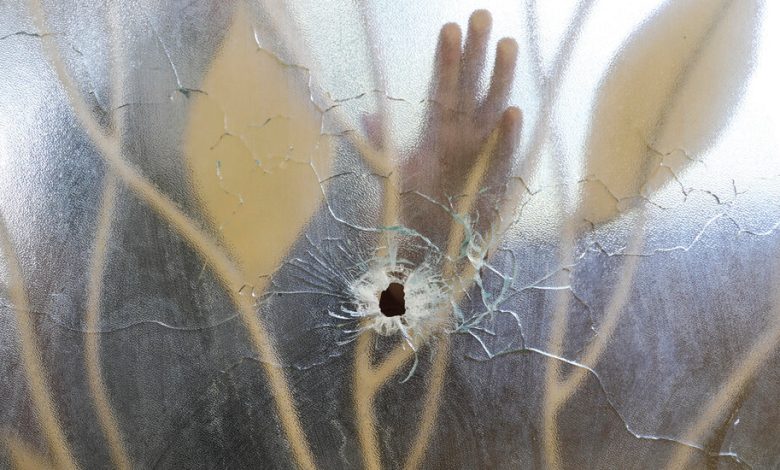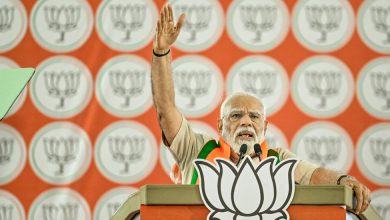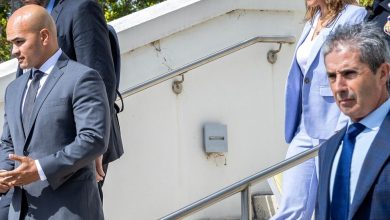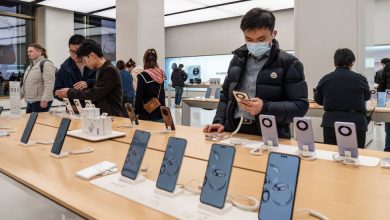Do Not Empower the Criminals in Haiti

Here’s what I remember most about my childhood growing up under a dictatorship in Haiti: fear.
We could never speak against the president-for-life, François Duvalier. My classmates, the children of regime officials, were dropped off at school by big men with guns. One night, men came to take our neighbor’s father, and no one ever saw him again. Sometimes we would walk by the National Palace and avert our eyes, too afraid to even look onto the grounds.
It is agonizing to watch yet another generation of Haitians living with terror. Since the assassination of President Jovenel Moïse in 2021, the country’s network of gangs, some sponsored by government officials, have gained territory, arms and audacity. Earlier this month, they formed a confederation and effectively launched war on the state, blocking Ariel Henry, the unelected and unpopular acting prime minister, from flying back into the country. They overran the capital, orchestrated multiple jail breaks, burned government buildings and police stations and attacked the central bank.
I am safe in Miami, but my relatives and friends in Port-au-Prince have told me they are not. One recently had his car shot up; another fled his home after the neighborhood was taken over by gangs; another saw gang members shoot into his convenience store and threaten his employees; another had his house burned to the ground. Most people I know there are terrified they will run out of food and water.
Now some of the same individuals imposing this chaos and destruction are jockeying for power as Haiti’s next government takes shape. Haitians deserve better. Haitians have always deserved security and a say over the fate of their country. They deserve to be led by people who represent the population and strive to keep them safe — not the criminals who have caused their fear and misery, year after year.
For several weeks, Haitian political parties, civil society organizations and diaspora groups have been negotiating what Haiti’s transitional government will look like after Prime Minister Henry resigns, as he has pledged to do. Many hope for a representative council that can re-establish security, rebuild institutions and inspire Haitians’ confidence to vote for a new government in elections later next year. The Caribbean Community, or Caricom, has brokered negotiations, mostly over Zoom, that have created a transitional presidential council, including both democracy advocates and members of several political parties. That council will select a new interim prime minister.
As these negotiations have taken place, the violent leaders controlling the streets of Port-au-Prince are vying for legitimacy. Both Jimmy Chérizier, known as Barbecue, whose gangs have reportedly massacred and raped civilians, and Guy Philippe, who recently served time in U.S. prison for money laundering related to drug trafficking, are casting themselves as freedom fighters and legitimate political leaders. They have said they will reject any internationally organized agreement, raising questions about how the Caricom-brokered council will be able to regain control of the country.



